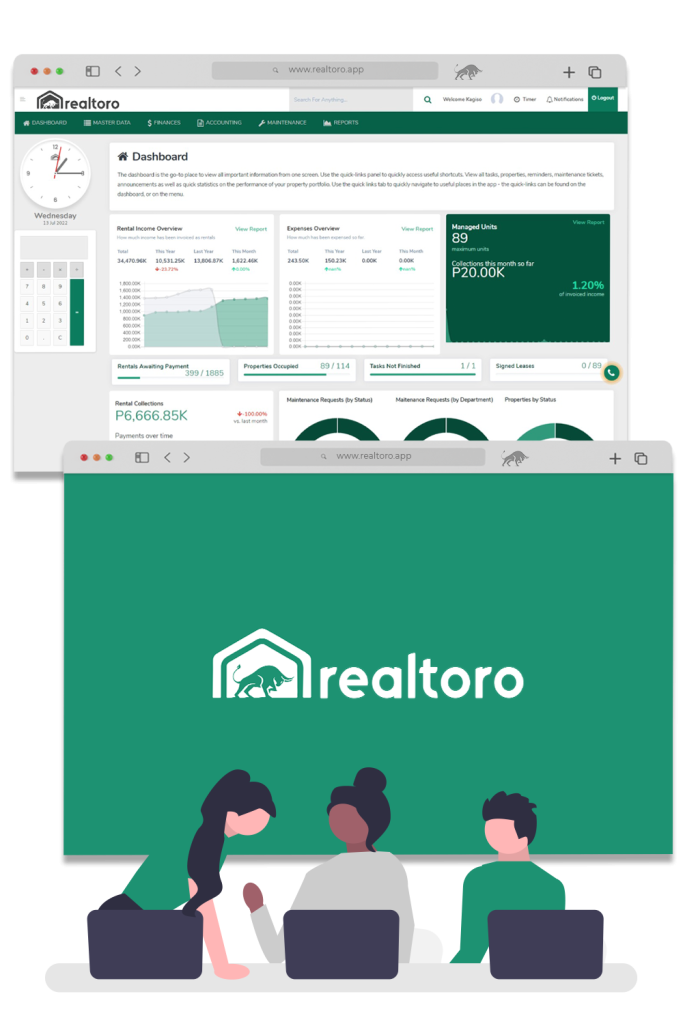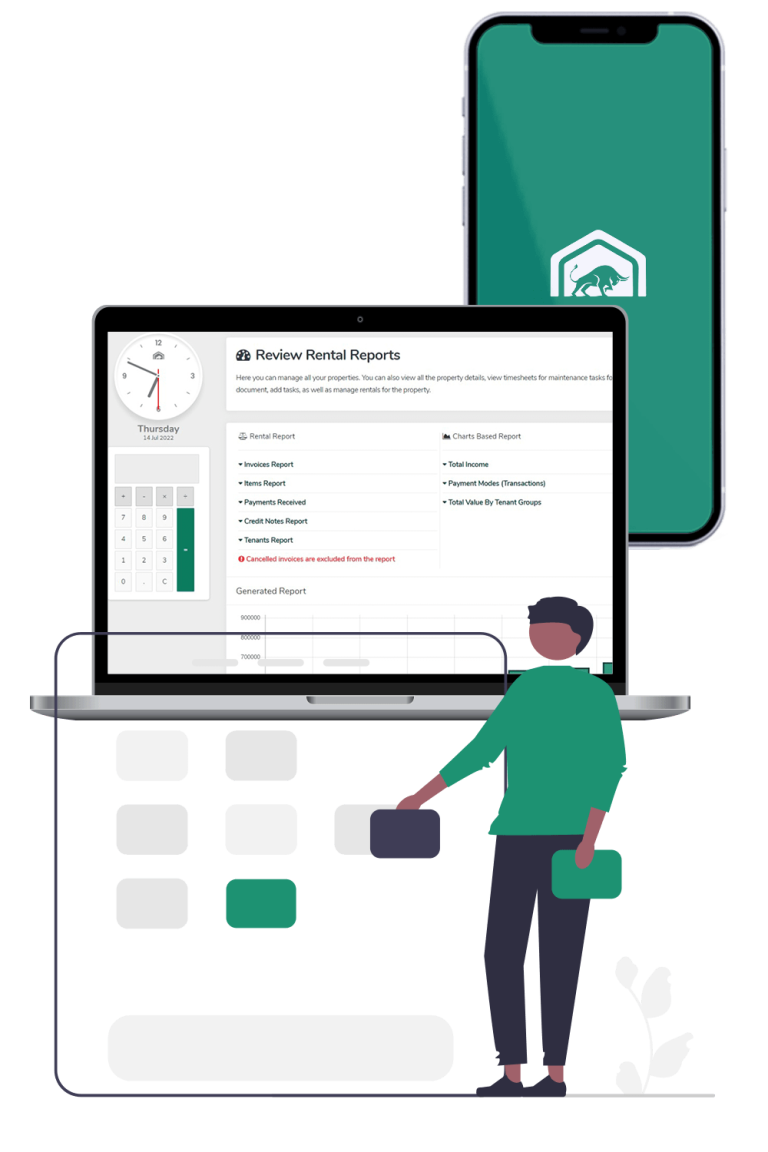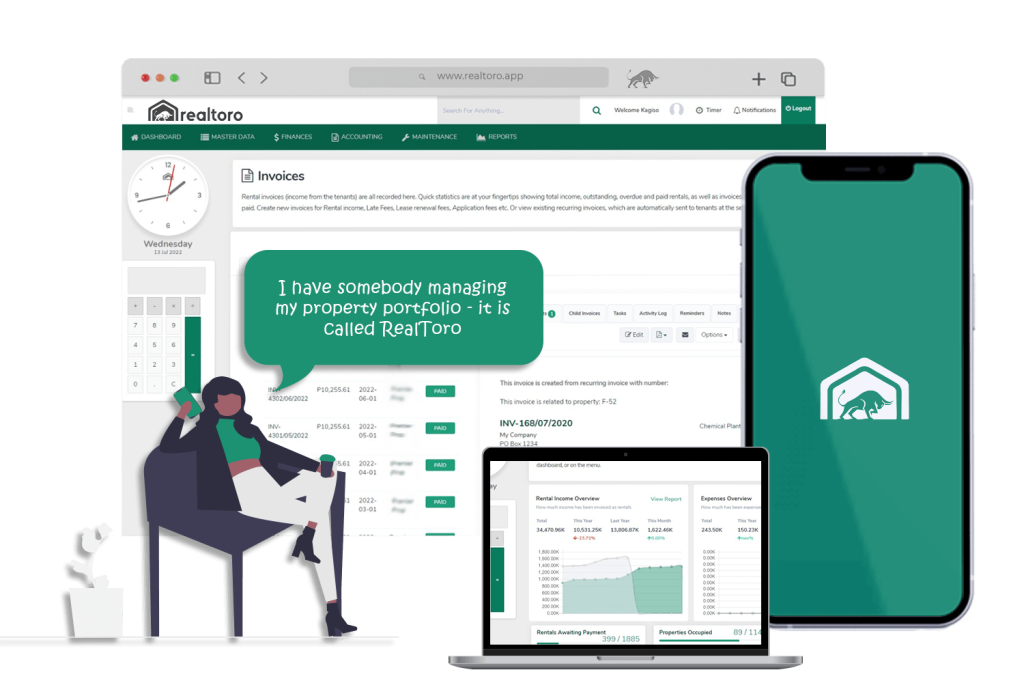Setting Rent
Collecting rent
The property manager also sets up a system for collecting rent from tenants. To ensure optimal cash flow, they set a collection date to make sure that property monthly expenses are able to be paid, and strictly enforce late fee policies.
Screening tenants
Property management
The property manager must keep the property in safe and habitable condition. Property managers are responsible for the physical management of the property, including regular maintenance and emergency repairs.
Work done by contractors and other repairmen must be inspected to make sure it is up to standards and that they are completing their work in a timely manner.
Managing the budget
Property managers can be responsible for managing the budget for the building and for maintaining all important records.
The manager must operate within the set budget for the building. In certain emergency situations when the occupants (tenants) or physical structure (investment property) are in danger, they may use their judgment to order repairs or likewise without concern for the budget.
Property managers should be versed in accepted accounting practices to ensure accurate bookkeeping for income, tax, and investment purposes.
Thorough records regarding the property are important for accounting purposes. Records should include all income and expenses; a list of inspections, signed leases, maintenance requests, complaints, records of repairs, costs of repairs, maintenance costs, and a record of rent collection and insurance costs.
Is there an alternative?
Sure there is!
If you are a landlord or property owner, and would like to manage everything by yourself in an easy way, you can use RealToro.





No comment yet, add your voice below!